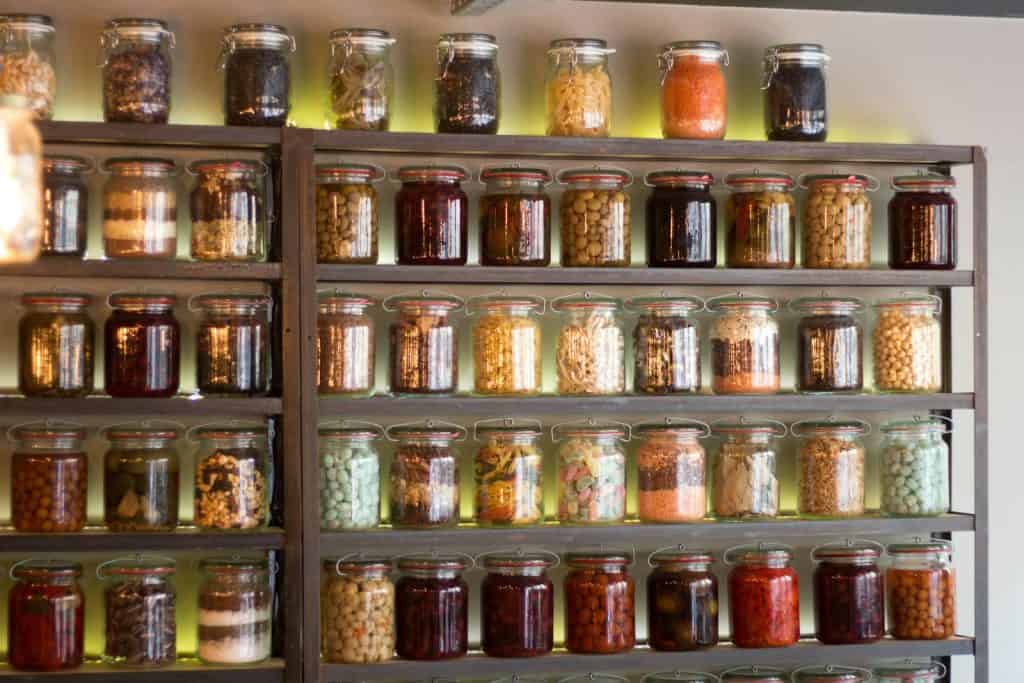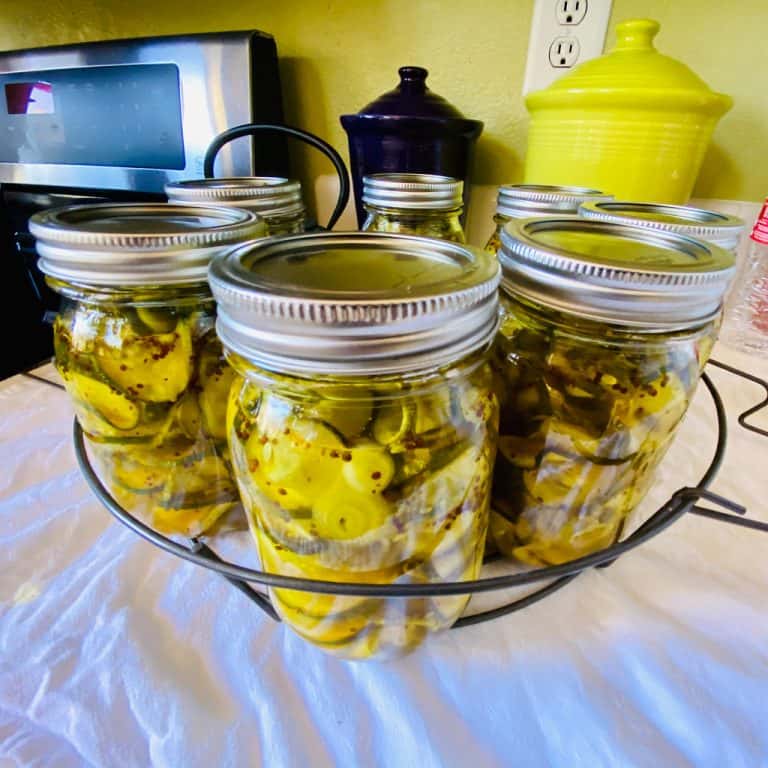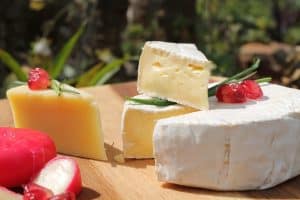A great night out has a way of lingering the next morning, the classic hangover. Pickle juice has a way of lingering, too. Not just on the tongue, but in kitchens and in the quiet moments after a heavy meal or a long night. In Turkey, it’s called turşu suyu, and it’s not just a leftover brine. It’s a drink, a tradition, and for many, a cure. Sour, salty, and often tinted a deep magenta from beets or red cabbage, turşu suyu is served cold and straight, no frills. It’s the kind of tonic that makes you sit up, blink twice, and believe again in the wisdom of old ways.
What Is Turşu Suyu?
Turşu suyu is the liquid from fermented vegetables—cabbage, carrots, garlic, beets, green beans, and more. It’s made with water, salt, vinegar, and spices, then left to ferment until the vegetables soften and the brine takes on their color and character. In Turkish pickle shops, this juice is poured into small cups and handed over with confidence. It’s not sweet, not trendy, and not trying to be anything other than what it is: a bold, bracing sip of tradition that makes you feel less regret.
Ottoman Roots and Everyday Uses

Pickling in Turkey goes back centuries, with deep roots in Ottoman culinary practice. Turşu was a way to preserve the harvest, to stretch summer into winter, and to flavor meals with sour brightness. The brine itself—turşu suyu—became a drink for digestion, for refreshment, and eventually, for recovery. It was served alongside grilled meats, fish sandwiches, and heavy stews, cutting through fat and easing the stomach.
In Istanbul, pickle shops became neighborhood fixtures. Some have been open for generations, their recipes passed down like heirlooms. The walls are lined with jars in every shade, and the air smells of vinegar and garlic. Locals stop in for a quick sip, especially after a night out. Turşu suyu is known to help with hangovers, thanks to its high sodium content and probiotic potential.
A Living Tradition
Turşu suyu isn’t a relic—it’s alive and well. In markets across Turkey, vendors ladle it out with pride after the bars close at night. Some offer spicy versions, others keep it classic. It’s common to see people sipping it in the morning, especially after weddings, holidays, or long nights of celebration. It’s part of the rhythm of life, woven into the fabric of Turkish food culture. And for hangover-stricken party recoveries.
And while the rest of the world is catching on to the benefits of fermented foods, Turkey never stopped believing. Turşu suyu is still made at home, still poured from jars, still trusted to settle the stomach and lift the fog. It’s not a trend—it’s a ritual.
In Turkey, they are making turşu and drinking it for hangovers, and in Appalachia, they are jarring a mess of fire cider for the health benefits in the winter. Different brines, same belief: sour heals.
The Flavor

Turşu suyu tastes like something old and good. It’s sharp, earthy, and unapologetically sour. It doesn’t try to please everyone. It’s for those who know. For those who grew up with it, or found it later and felt the magic of breaking the hex of a hangover. It’s the kind of drink that makes you remember your grandmother’s kitchen, or a street corner in Kadıköy, or the first time you realized food could be medicine.
It’s also deeply personal. Every household has its own recipe, its own balance of salt and vinegar, its own favorite vegetables. Some add chili flakes, others a touch of sugar. Some ferment for weeks, others for days. But the heart of it remains: a brine that carries flavor and natural healing.
Final Thoughts
Turşu suyu isn’t just pickle juice. It’s a sip of history, a taste of tradition, and a cure for a hangover to many. It’s what you reach for when your head aches, your stomach turns, or you just need to feel grounded again. It’s not flashy, not modern, and not trying to be anything other than what it’s always been: sour, strong, and full of life.
Disclaimer: This article is for cultural and symbolic reflection only. It is not intended as medical advice. For health-related concerns, consult a qualified professional.







